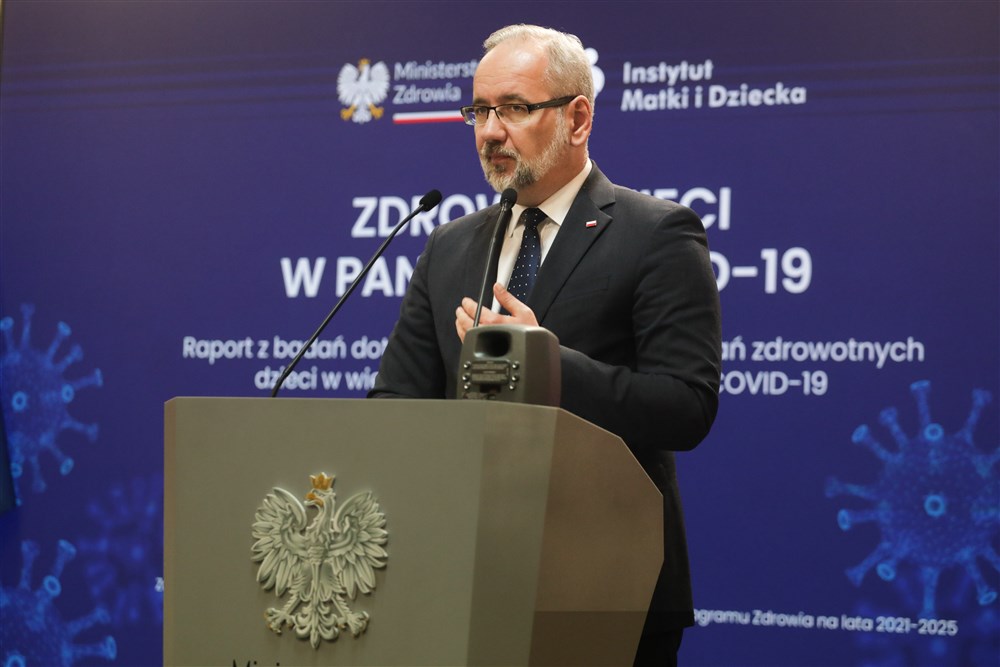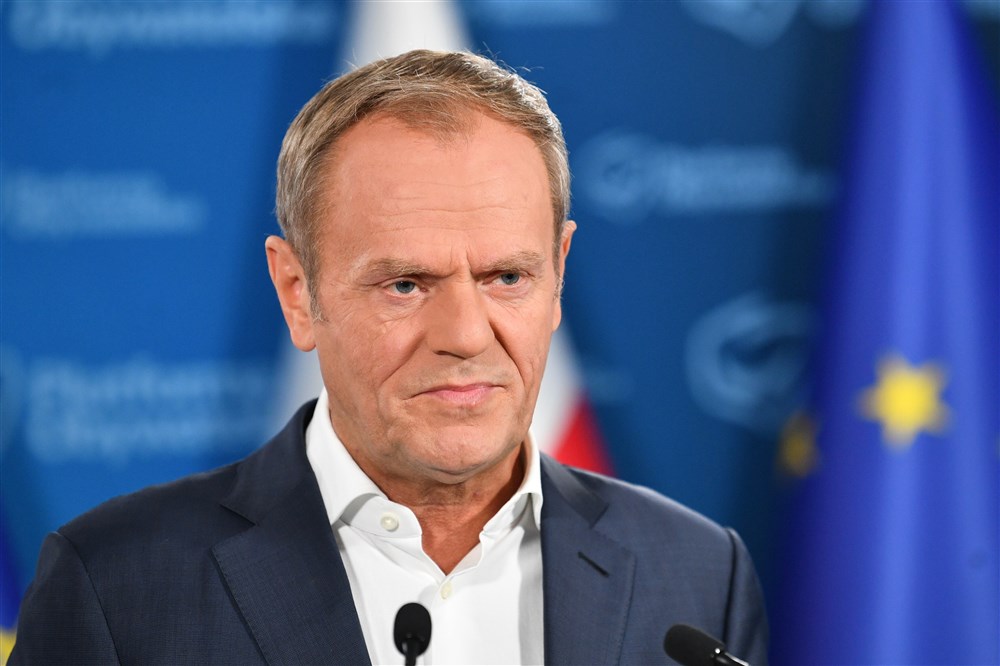Poland’s Prime Minister, Mateusz Morawiecki, on June 7 dug his heels in and expressed outrage at a Warsaw court’s decision to suspend a key Polish mining facility’s environmental licence, saying his government would not abide by the ruling.
Raging that any closure of the huge Turów open-pit mine in the southwest of Poland would threaten the country’s energy security, he slammed the judicial verdict, telling reporters: “No court will dictate to us, whether from Brussels or Warsaw, on what energy security means, what it means for the people who work here, the security of their families, financial security. These are fundamental issues for us.”
Morawiecki made his stand in what was a hurriedly arranged visit triggered by a Warsaw Administrative Court’s decision to suspend production at the mine in a case brought by environmentalists from the Czech chapter of Greenpeace, the German Frank Bold Foundation and the Polish NGO Eko-Unia in 2022.
The Warsaw court sided with their claims that the mine represented a seriously damaging threat to the environment and suspended the implementation of its environmental permit issued by the General Environmental Protection Authority (GDOS) in September.
The Turów lignite mine, near the Czech border, and the adjacent Turów power plant, produces 8 per cent of Poland’s energy. The Polish government estimates that the mine and the plant maintain 60,000 jobs in the area. Coal accounts for more than 70 per cent of Poland’s energy mix and the ruling conservatives have made defence of the power industry one of its primary political goals.
The Polish leader had already reacted angrily on June 6. In a social media post, Morawiecki described the court order as “scandalous” and “illegal”. He vowed that his government would not honour the decision and pledged to launch Poland’s own legal fight against the ruling.
Poland’s climate and environment minister added to the chorus of disgust at the court decision, insisting the government would not be party to a loss of jobs. The Minister for European Affairs, Szymon Szynkowski vel Sęk, chimed in, saying the Warsaw court’s decision was “unenforceable because it cannot be implemented without jeopardising Poland’s energy security”.
During his visit to Turów, Morawiecki pledged the government would do everything in its power to keep the mine in operation until 2044, as originally planned.
Jacek Sasin, Poland’s Deputy Prime Minister, argued that at issue was not the environment but attempts by European powers such as Germany to curtail Poland’s economic development.
It is not the first time the Turów facility has been the centre of controversy. The Czech government, in 2021, filed for an injunction at the European Court of Justice (ECJ), claiming the Turów mine was draining groundwater away from surrounding areas and harming Czech citizens.
The ECJ, the top judicial power in the EU, in September 2021 handed down a daily-occurring €500,000 fine to Poland for defying an earlier order to suspend operations at Turów. Czechia last year withdrew its case against Poland from the ECJ after Warsaw paid an agreed amount in compensation over the mine.
However, that did not stop further legal action against Turów. German municipality officials in Zytawa claimed that, as a result of mining continuing at Turów, the area was being badly affected by subsidence. The Zytawa authorities also alleged related problems with water supplies, toxic emissions and unacceptable noise levels. It also complained about an apparent lack of any Polish plan for re-cultivation of the area following the mine’s predicted closure.
The environmentalist groups that appealed to the Polish administrative court have regrouped to take further action aimed at Turów, and will challenge any reimplementation of the mine’s environmental licence.
The row illustrates the fact that Poland and Germany have been clashing for some time over climate and environmental policies.
Germany has been critical of Poland’s plans to make the river Oder navigable. The Oder originates in the Czech Republic, flows through western Poland, and forms the border between Poland and Germany.
Berlin has also taken umbrage at Poland’s plans to build nuclear power stations. Germany and Poland have clashed in the European Union’s Brussels base over issues such as the phasing out of diesel and petrol engines and other elements of the EU’s net zero climate agenda. Poland has hit back by accusing Germany of facilitating the dumping of illegal waste on Polish territory.





